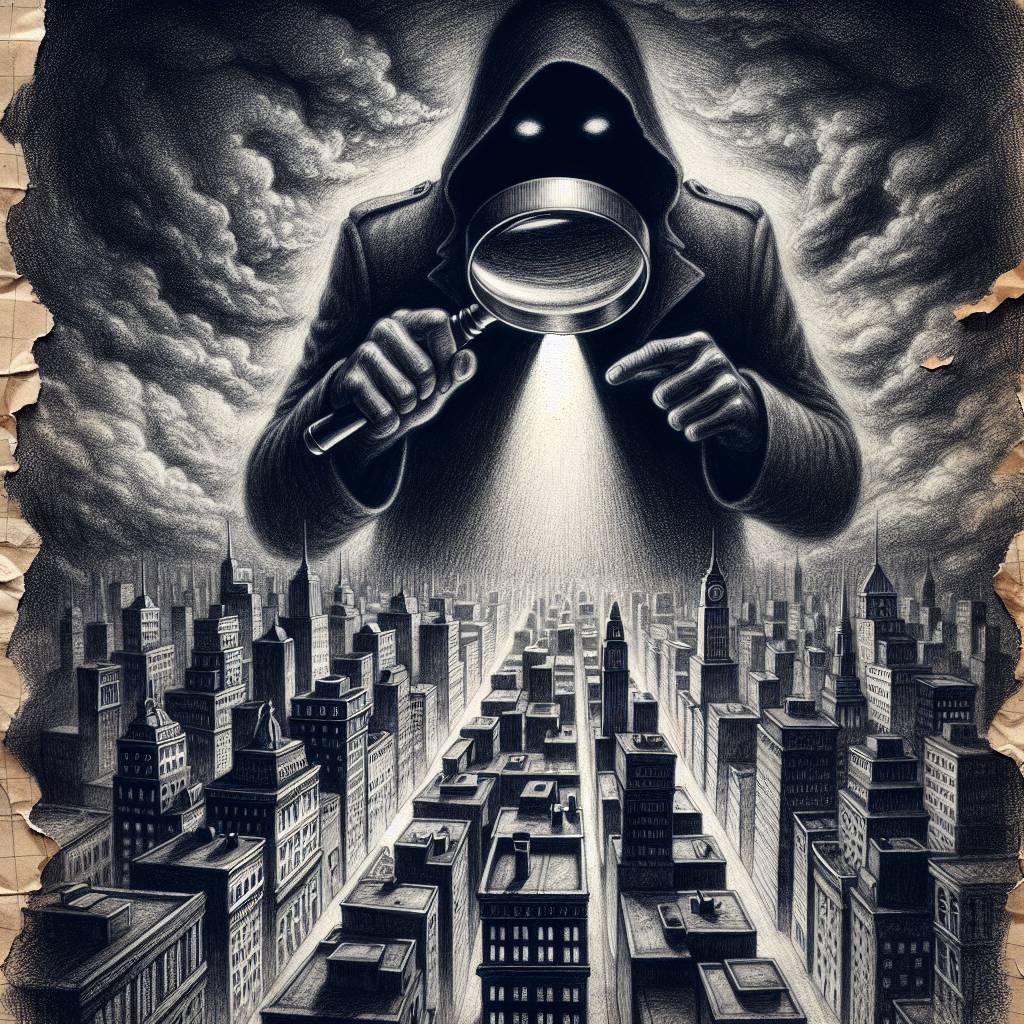UK’s “Snooper’s Charter” Sparks Privacy Panic: Experts Warn of Dangerous Overreach
Privacy rights groups are fuming as the UK government reportedly demands access to end-to-end encrypted data in Apple’s iCloud, invoking the “Snooper’s Charter.” Critics warn this could set a dangerous precedent, jeopardizing security for everyone. Breaking encryption isn’t like opening Pandora’s box—it’s more like smashing it and hoping the chaos stays contained.

Hot Take:
Oh, UK government, you cheeky blighters! Trying to sneak into Apple’s encrypted treasure trove like a toddler with a cookie jar. But beware, tech giants don’t play hide and seek, they play hardball. It’s like asking James Bond to kindly hand over his gadgets for inspection – good luck with that!
Key Points:
- The UK government reportedly asked Apple for access to encrypted iCloud data, potentially under the Investigatory Powers Act.
- Apple and privacy advocates argue that creating a backdoor for government access risks overall data security.
- Privacy International and Check Point Software expressed concerns over the potential global impact on user privacy and security.
- Big Brother Watch and others warn that breaking encryption could erode civil liberties without effectively tackling crime.
- The UK privacy regulator notes existing investigation methods that don’t require compromising encryption.
Already a member? Log in here
